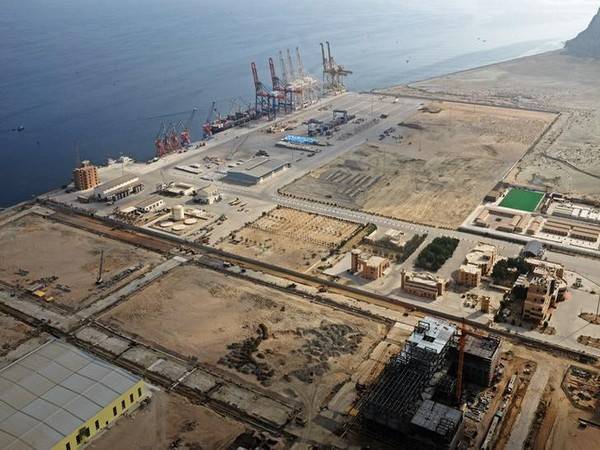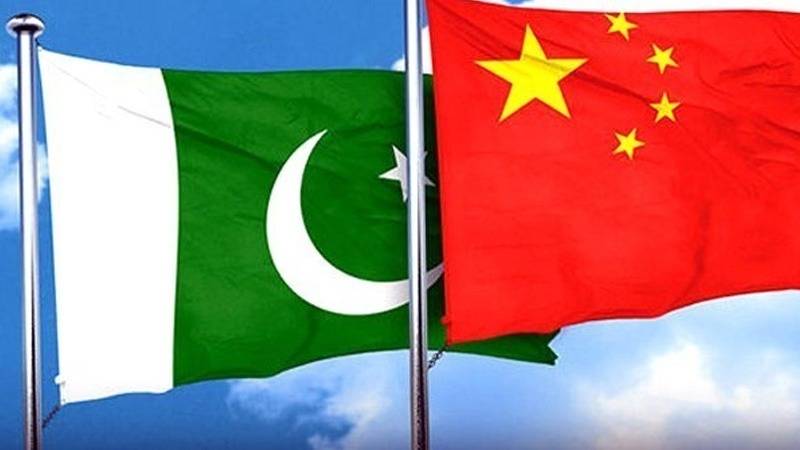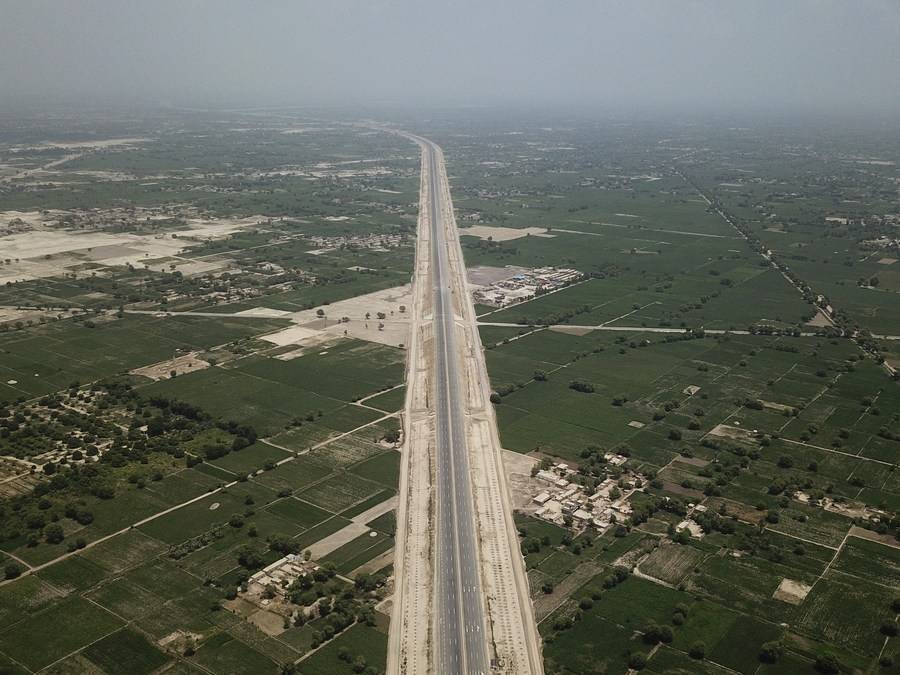To fully explore the potential benefits of CPEC, ADB proposed some policy actions which could raise income from exports and enhance the fiscal capacity of the government…reports Asian Lite News
Stressing the need for structural reforms, the Asian Development Bank (ADB) has said Pakistan can improve its economic connectivity if the USD 60 billion China-Pakistan Economic Corridor (CPEC) is implemented successfully.
“The CPEC is an initiative to build economic connectivity and regional integration between the PRC and Pakistan. However, the CPEC alone will not bring optimal results. Structural reforms for private sector development are needed as well,” the ADB said in a report.
“Also, tax reforms are essential to broaden the tax base and enhance the perceived fairness of the tax system. Infrastructure built under the CPEC should be fully utilized to expand trade and regional cooperation. Furthermore, the government should expedite the development of the nine SEZs planned along the CPEC routes,” the report added.

The ADB report titled, “Economic Corridor Development (EDC) in Pakistan” highlighted that despite signing Free Trade Agreements (FTAs) and Preferential Trade Agreements (PTAs), Pakistan could not boost its exports.
On taxation issues, the ADB suggested that a high-level constitutional body, similar to India’s Goods and Service Tax Council, may be established through the Council of Common Interest (CCI), with clear accountability to resolve tax-related issues across the country.
The ADB report states that the CPEC investments improved Pakistan’s connectivity. To fully explore the potential benefits, it proposed some policy actions which could raise income from exports and enhance the fiscal capacity of the government.
The report also suggested that possible reforms could include the following, but would not be limited to rationalising business regulations and taxation, improving trade facilitation and logistics, augmenting human capital development, and labour market efficiency, and strengthening financial inclusion along with deepening the capital market.

“Second, broaden the tax base to unleash the country’s tax revenue potential while improving the perceived fairness of the tax system,” the ADB report said.
The ADB also advised Pakistan to realise the expected gains from the concessions granted by partner countries under the FTA) and preferential trade agreement (PTA). Despite market access obtained by the government, Pakistan exporters have not taken full advantage of the concessionary tariffs to increase their share in partner countries’ imports, the report said.
ADB analysis indicates that Pakistan is facing an acute infrastructure financing gap of about 5 per cent of GDP. (ANI)

Leave a Reply